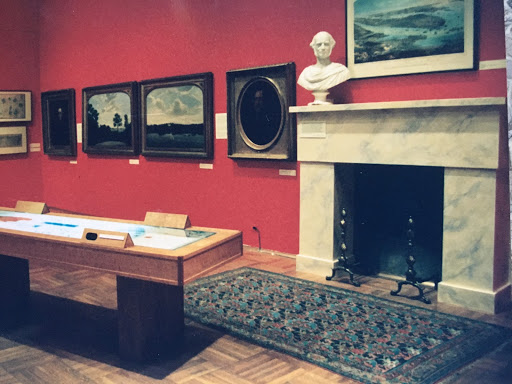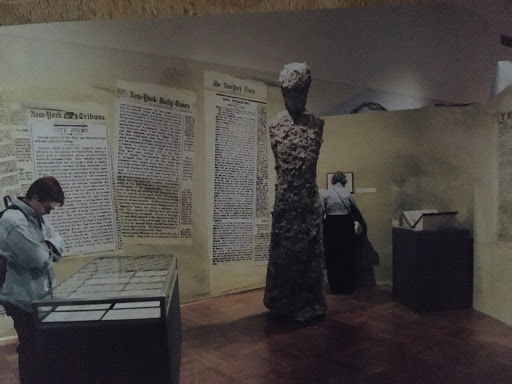Marta Davila-Lomas
I really enjoyed the enlightening workshop with Cynthia Copeland. I found her presentation particularly absorbing because she really demonstrated the importance of engaging with the past since it directly affects the future. I deeply agree with the revelation that all of the issues that marginalized peoples were facing in the past still circulate in the present. Although I have nothing against the interpretation of history, I realized that one must consider the implications of the social class, as well as other factors such as ethnicity, age, etc., of the interpreter. What I found immensely compelling is her suggestion that an exhibition about the history of Seneca Village should be a collaborative effort to share and educate the general public. I am really thankful to have been given the opportunity to learn from Cynthia Copeland and her particular experience with Seneca Village!

Eve Dartley
Cynthia Copeland’s workshop proposed interesting questions about history and the way it is presented simultaneously. She considers herself a “public historian,” meaning that she meets people where they are and takes a conversational approach. This method got all of us visibly more excited about history – we weren’t just being told of events, we were given time and space to think about them, analyze them, and understand them.

